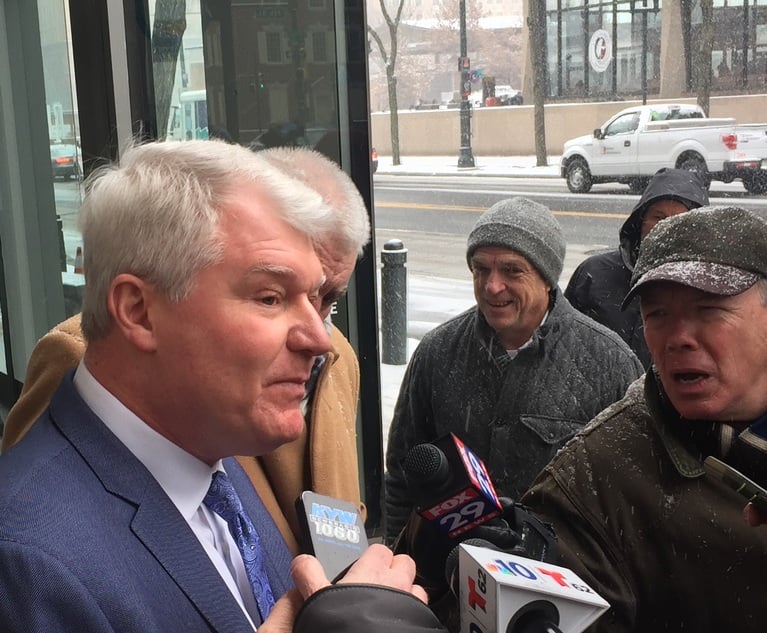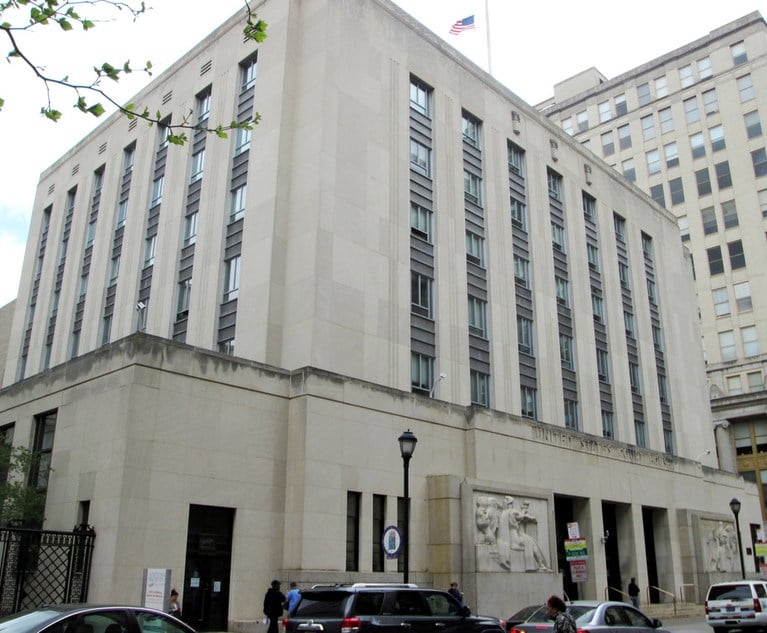The practice of law is the only business many of us know. A formerly admitted attorney who has been suspended or disbarred has a world of skills, but needs to figure out what to do with them in order to make a living. Many formerly admitted attorneys leave the legal profession entirely seeking employment in new arenas. However, after having devoted a lifetime to developing the skills necessary to succeed in the legal profession, other formerly admitted attorneys seek to continue employment in the profession. Formerly admitted attorneys have much to offer in terms of knowledge, ability and contacts, but, employment of a formerly admitted attorney also has potential pitfalls for both the hiring law firm/attorney and the formerly admitted attorney.
Employment of a formerly admitted attorney is governed by Pennsylvania Rule of Disciplinary Enforcement 217(j) which states: “A formerly admitted attorney may not engage in any form of law-related activities in this commonwealth except in accordance with the following requirements …” The requirements for a formerly admitted attorney to engage in law-related activities include that the activity be conducted only under the supervision of a member of the bar “who shall be responsible for ensuring that the formerly admitted attorney complies with the requirements of this subdivision.” If engaged by an organization (law firm or otherwise), the organization must designate a “supervising attorney.” Pursuant to Rule 217(j)(5), the supervising attorney and the formerly admitted attorney must file a notice of engagement with the Disciplinary Board, identifying the supervising attorney and certifying the formerly admitted attorney’s activities will be monitored for compliance with subdivision 217(j). A notice must also be filed immediately upon termination of the engagement. Pursuant to Rule 217(j)(6), the “supervising attorney shall be subject to disciplinary action for any failure by either the formerly admitted attorney or the supervising attorney to comply with the provisions of this subdivision (j).” The office must be staffed by the supervising attorney on a full-time basis.


 Josh J.T. Byrne, Swartz Campbell
Josh J.T. Byrne, Swartz Campbell




